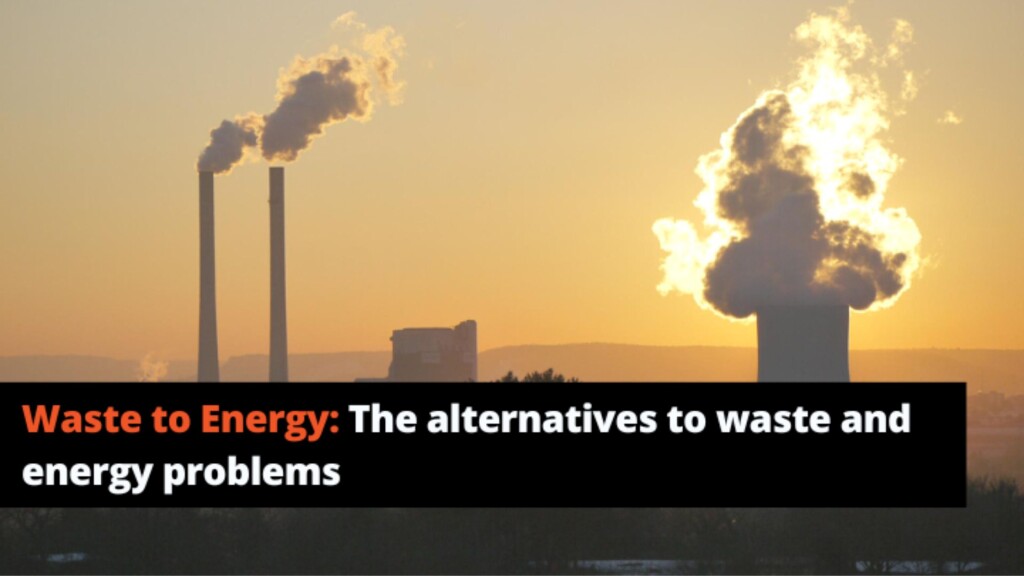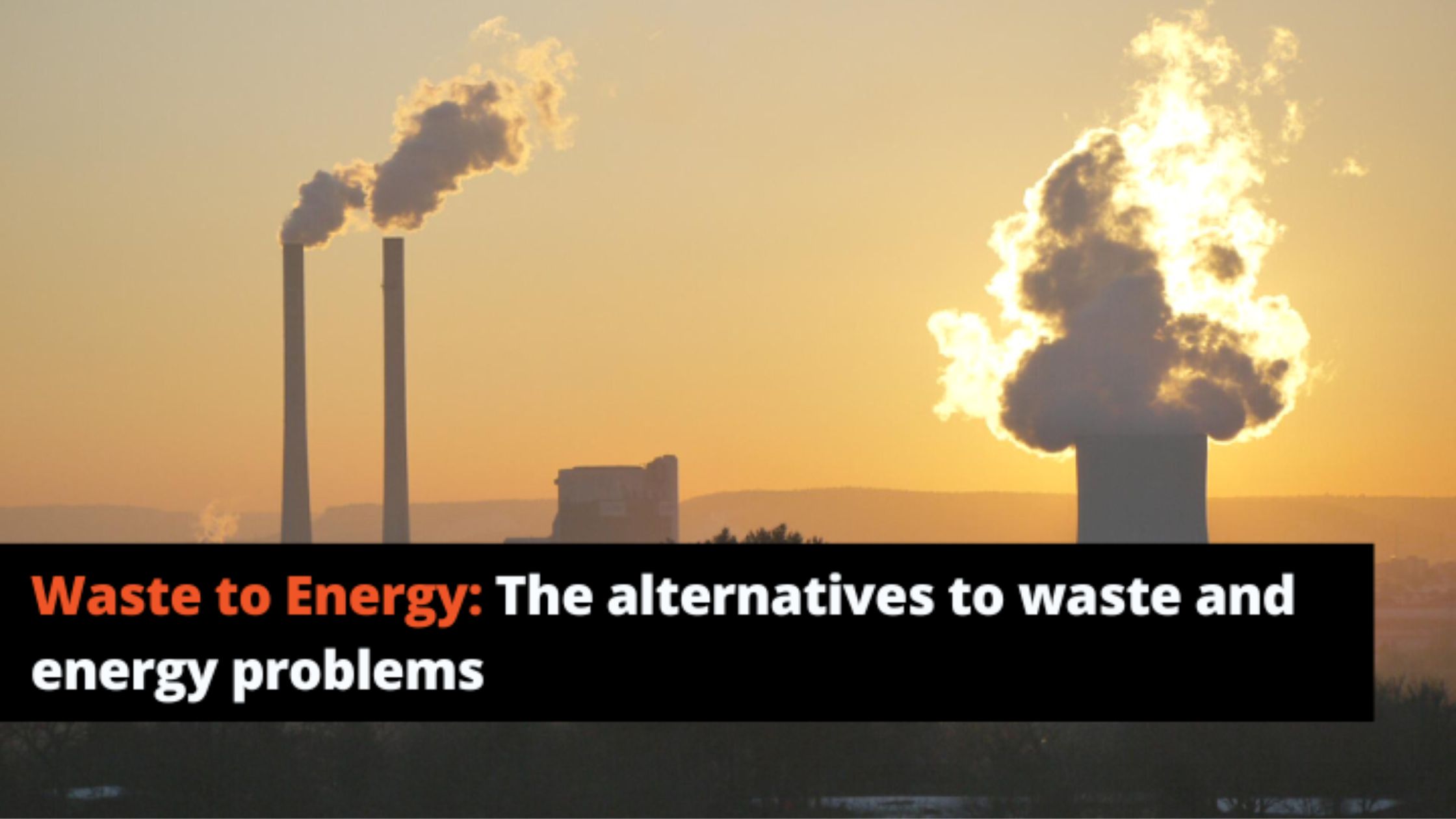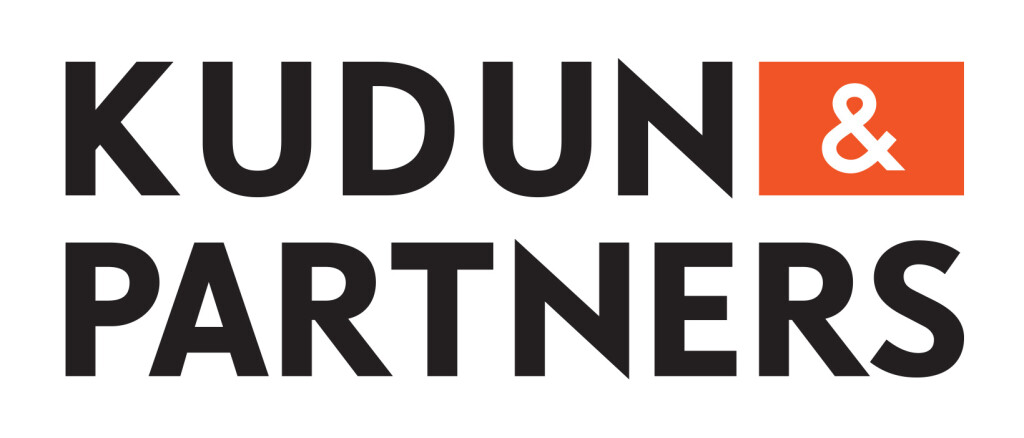
With its increasing population and urbanization, Thailand cannot escape from the mountains of solid waste generated in households and in communities across the country. The inappropriate disposal of solid wastes will cause serious ramifications which would be a national nightmare, such as air pollution, water pollution and contagious diseases. All of these issues are harmful not only in the environmental scale, but also in respect of the public health of each domestic sector.
The government has foreseen this catastrophic event and thus declared the solid waste problem as one of its national agendas. In compliance with the first revision of the Power Development Plan 2018 (the “PDP 2018 Rev. 1”), which aimed to improve energy efficiency and foster sustainable energy and, importantly, to encourage the participation of the public with respect to energy projects, the meeting of the National Energy Policy Council (the “NEPC”) no. 3/2022 held on May 6, 2022 approved the Feed-in Tariff (the “FiT”) for waste to energy project (the “WTE Project”) under the PDP 2018 Rev. 1. This approval allows the very small power producer (the “VSPP”) and the small power producer (the “SPP”) to sell the electricity generated from solid waste from the approved 34 WTE Projects to the Electricity Generating Authority of Thailand (the “EGAT”), Metropolitan Electricity Authority (the “MEA”) and/or Provincial Electricity Authority (the “PEA”) (collectively, the “Electricity Authority”) and receive payment for the sale of electricity on the FiT basis, with the total collective capacity of 282.98 MW and the Scheduled Commercial Operation Date (the “SCOD”) between 2025 and 2026.
Following this, the NEPC authorized the Energy Regulation Committee (the “ERC”) to introduce rules and regulations in relation to WTE Project. On June 2, 2022, the ERC announced a regulation regarding power purchases from the WTE Project, which was published in the Royal Gazette on June 15, 2022 (the “ERC’s regulation”). Any private sector operator who has already entered into the contract with the local administrative organization to participate in the approved WTE Project and wishes to sell electricity generated from such WTE Project to the Electricity Authority must submit the project to the EGAT by December 7, 2023 for their consideration and follow the procedures set forth in the notification of the EGAT regarding WTE projects issued on July 12, 2022.
Please find below a table summarizing the ERC’s regulation in respect of the general conditions and requirements for VSPP and SPP.




